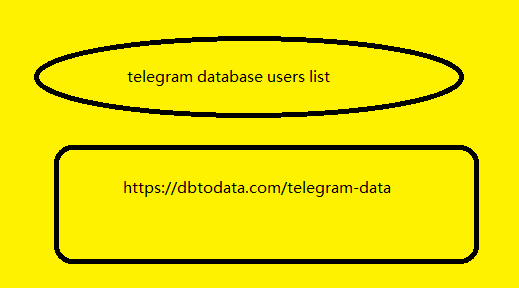Account 128 , the investment account held to maturity, is one of the most used accounting accounts by businesses. So what is the method to account for this account? MISA MeInvoice invites readers to refer to the related information in this article.1. Compare account 128 (TK 128) in Circular 133 and previous regulations
2. Accounting principles for Account 128 (TK 128) – Investment account held to maturity
3. Structure and content of Account 128 (Account 128) – Account for Investments held to maturity
4. Accounting methods for Account 128 (Account 128) – Investments held to maturity
4.1. When a business deposits money for a term, lends money, or purchases investments to hold until maturity in cash
Periodically accounting records receivables
of interest on deposits, interest on bonds and interest on loans of enterprises.
4.3. When the enterprise recovers investments held to maturity
4.4. Enterprises convert investments held to maturity into investments in other entities.
4.5. Accounting for transactions related to loans:
4.6. Revaluation of the balance of investments held by the enterprise to maturity classified as monetary items with foreign currency origin:
5. Conclusion
1. Compare account 128 (TK 128) in Circular 133 and previous regulations
Account 128 held to maturity investment
Circular 133 Circular 200 Decision 48
– Account 128 (TK 128) is Investment held to maturity
– Account 1281 (TK 1281) is Term Deposit
There is no Account 128 (TK 128)
2. Accounting principles for Account 128 (TK 128) – Investment indonesia telegram data account held to maturity
Account 128 (TK 128) is the account prescribed to be used to account for investments held to maturity. This is one of the accounting accounts with many changes in the accounting method of
Circular 133/2016/TT-BTC compared to previous regulations.
a) Account 128 (TK 128) is used by enterprises a program to motivate to reflect the current amount and the increase or decrease in investments held to maturity (other than trading securities) such as: Term deposits at banks (including bonds, treasury bills, promissory notes), loans held to maturity for the purpose of collecting periodic interest and other china data investments held to maturity.
Account 128 (TK 128), as prescribed, is not used to reflect debt instruments held for the purpose of trading for profit (reflected in Account 121 (TK 121) – Trading securities).
b) Investments held by an enterprise until maturity must be recorded in the accounting books at original cost, including: Purchase price plus (+) purchase costs (if any) as follows: brokerage costs,
transaction costs taxes fees, information provision and bank fees.
c) Accountants must open detailed books to specifically track each investment held until maturity according to each term, each subject, each quantity and each type of original currency, etc. When preparing financial statements (FS), accountants need to base on the remaining term (less than 12 months or 12 months or more from the date of preparing the FS) to present as short-term or long-term assets.

